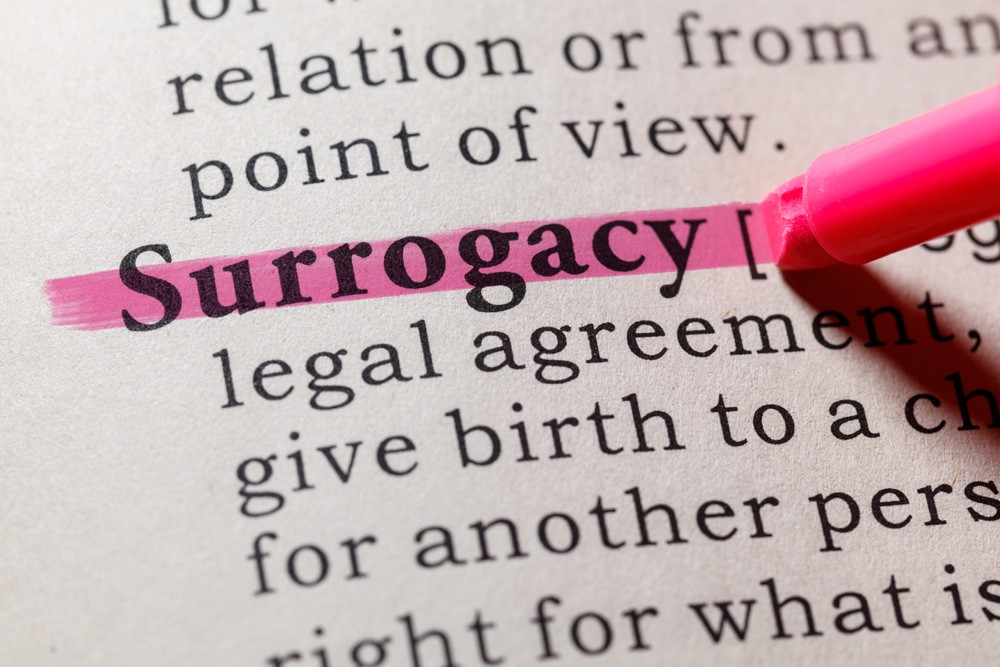7 Qualities that Could Disqualify a Potential Egg Donor

Becoming an egg donor is a way for women to help build families. When a woman donates her eggs, she gives gay couples, and infertile couples hope that they can have a family of their own. In return, she will receive compensation for her time and dedication.
But, not all women qualify to become egg donors. The American Society for Reproductive Medicine, or ASRM, has set physical and psychological guidelines that egg donor agencies use to screen potential donors. If a woman can’t meet the industry’s standards, she will not be allowed to donate her eggs.
Here are the seven most common reasons that could disqualify a potential egg donor.
1. General Health
The first thing an agency will consider is the woman’s general health. Is she in good physical health, and does she have a healthy BMI? A potential egg donor must take care of herself by being active and eating healthy.
They will also want to know of any drug usage — both past and present. Even a history of drug abuse could disqualify a potential donor.
Those who currently use tobacco products, drink alcohol obsessively, or abuse medication will not be approved.
Donors will also be screened for any sexually transmitted diseases.
2. Genetic Disorders
Most reputable egg donor agencies will offer genetic testing for their intended parents and egg donors. This will allow them to see if any health conditions could be passed to the baby.
Extensive family history will be taken. Suppose there is a prevalent history of a genetic disease or mental illness. In that case, the donor will not be allowed to continue.
Potential egg donors will also undergo genetic testing and meet with a genetic counselor. The intended parents’ results and the egg donor’s results will be compared to see any dormant diseases or disorders that could be passed on to the baby.
3. Menstruation
An egg donor must have a healthy menstruation cycle. Women who have irregular periods or suffer from reproductive conditions such as PCOS or endometriosis will not be able to donate their eggs.
Symptoms of a reproductive condition include abnormal periods that are too long, too short, very heavy, or very painful. If a potential egg donor is experiencing any of these symptoms, she needs to let the egg donor agency know before completing the application.
4. Contraceptives
Certain kinds of contraceptives are not allowed by egg donor agencies. For example, Depo-Provera, also referred to as “the shot,” delays the egg donation process for six months. If a potential egg donor uses Depo-Provera or has a contraceptive implant, we will ask her to discontinue use and apply again in six months.
5. Schedule
Egg Donors will need to be able to commit to a schedule that includes meetings and appointments. Egg donors must be dependable a mature enough to show up when and where they are needed.
Potential egg donors will also need to take particular medications at certain times of the day for weeks at a time. This is very important to the success of the egg donation process.
6. Travel
If an egg donor has traveled to an area infected with Zika within the past six months, she cannot donate her eggs.
These areas include:
- Argentina
- Barbados
- Cuba
- Fiji
- Guatemala
- Haiti
- Jamaica
- Mexico
- Peru
- Thailand
- Turks and Caicos
- Venezuela
If you have any questions about a high-risk area, be sure to check out a comprehensive list on the CDC website.
7. Reliability
Intended couples who turn to egg donation are doing so out of desperation. They want to have a family, and there are no other options for them.
Therefore, a potential egg donor must be reliable and committed to the cause. There will be meetings, screenings, and clinical appointments that are mandatory. The agency and the intended parents will need to trust that she will follow through with everything she has agreed to.
We’d Love to Talk to You
Some of these restrictions might sound strict, but the only reason these restrictions are in place is to protect the eggs.
We want to make sure that everyone involved in the egg donation process has a positive experience with the best chance of success.
If you are interested in becoming an egg donor, don’t hesitate to contact us. We’d love to talk to you about all the available options. There is nothing more rewarding than helping someone achieve their dream of having a family.


